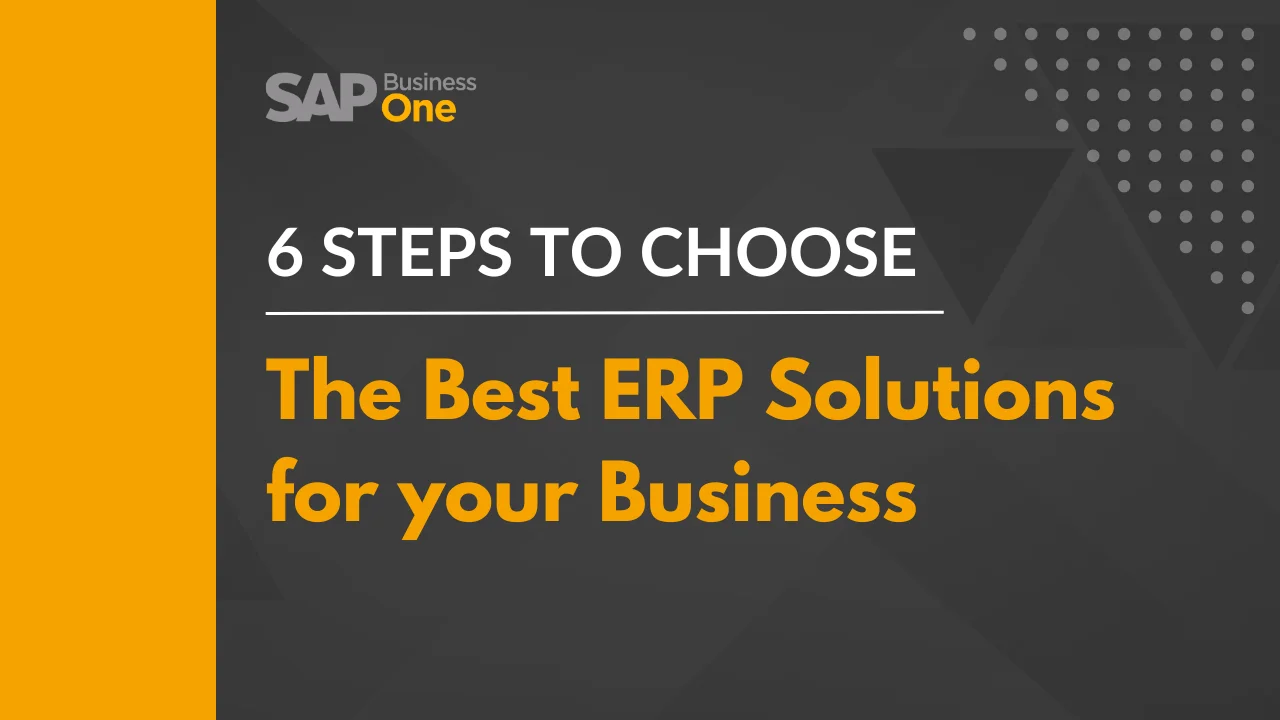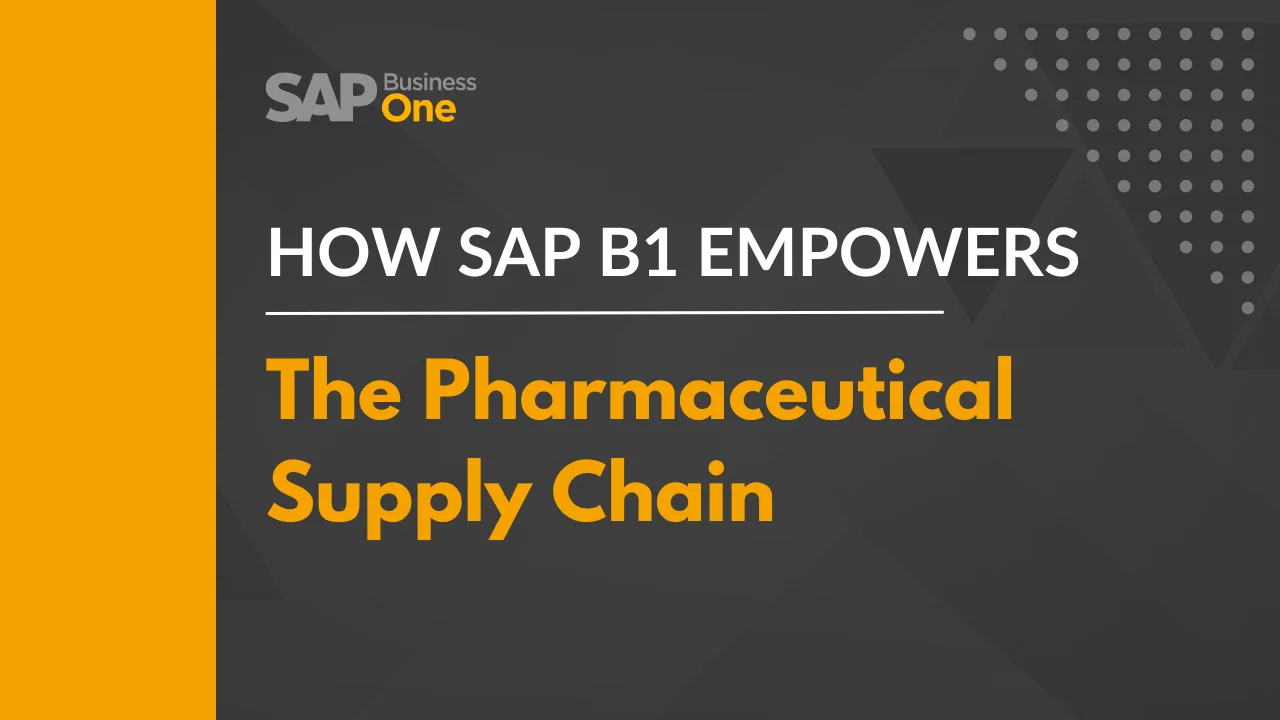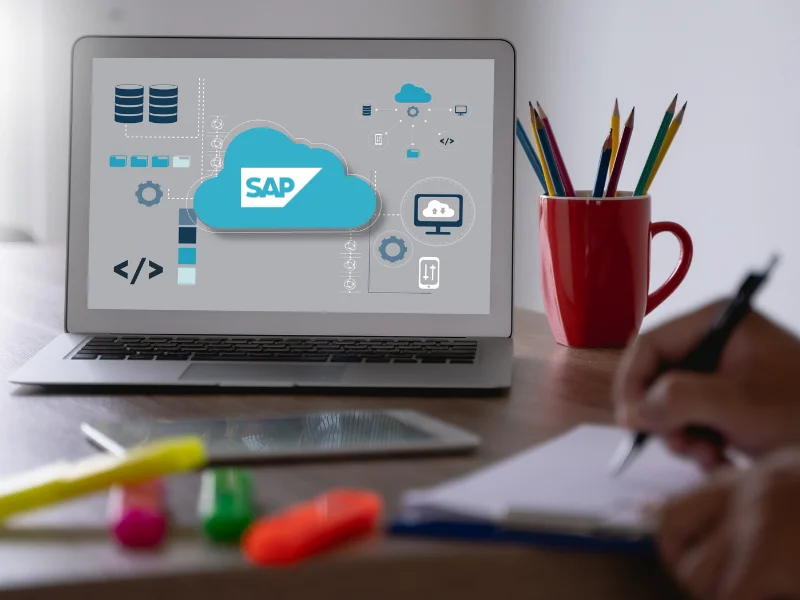6 Steps to choose the Best ERP Solution
We’ve got you covered when it comes to moving from point A to point B with SAP Business One ERP in India. Here are 6 Steps to choose the Best ERP Solution for your company.
You’ve probably heard stories regarding enterprise resource planning (ERP) solution implementations, but many of them were the result of poor planning.
The correct ERP solution and SAP implementation partners in USA may transform a growing organization, and adequate planning can assure its success.
And we Top SAP Business One partner got you covered when it comes to getting from point A to point B with ERP.
Spreadsheets will become obsolete as your firm grows. Inadequate information, a lack of integration, high mistake levels, and an over-reliance on email and spreadsheets all suggest that your systems’ capabilities are obsolete or inadequate. If this sounds like you, it’s time to think about establishing an Enterprise Resource Planning (ERP) system.
By integrating information and automating procedures across functional areas of the business, an ERP system SAP Business One partners in India can dramatically simplify your business processes.
This article will provide you a high-level overview of the six steps to selecting the finest ERP system for your business.
1. Identify your company’s requirements.
The first step in picking the proper ERP system for your organization is to examine your business
processes and identify your expectations for ERP installation. Identify bottlenecks and pain spots in your present system to determine how ERP software can fit into your process to improve operations and increase business performance.
2. RFI and RFP preparation
How do you choose an ERP provider once you’ve identified a set of requirements that are aligned with your strategic business goals? Companies usually start with a Request for Information (RFI) that informs vendors about their aims and demands solutions, followed by a detailed Request for Proposal (RFP) (RFP).
Before approaching providers, create a particular list of questions to ask suppliers about features, cost, deployment options (cloud ERP or on-premises ERP, or a hybrid), implementation, and how to integrate the ERP solution with your existing systems.
3. Calculate the Total Implementation Cost
Make sure you know what you’re paying for and what you’re receiving for your money. The cost should include Enterprise Resource Planning software (all qualified software modules for deployment), services (such as configuration, customization, and training), and a forecast of monthly ongoing costs (licensing and support, etc.).
4. Review and narrow down your ERP vendor choices
Now that you’ve established your selection criteria and budget, you may filter down the ERPs that meet your needs. To select the best, you must properly assess the vendor options. Consider the vendor’s reputation, previous experience in your industry, technology direction and feasibility, customer satisfaction, support and training supplied, total cost of ownership, and other factors.
You can speak with each of the suppliers you’ve discovered to learn more about their capabilities. Once you’ve identified potential vendors, acquire further information and schedule demos.
5. Make the final decision and assign the contract
Following the completion of final analysis and detailed comparisons, you may be left with two or three Enterprise Resource Planning choices that can meet your business objectives and budget. Inform the suppliers of your plans, but do not close any doors if negotiations with your initial choice fail.
Negotiate a fair deal with your top vendor and approach them like a partner who cares about your future success. Remember that successful execution requires collaboration and engagement from both parties.
6. Plan for ERP Implementation
Determine who in your organization will be the “go-to” person for the Enterprise Resource Planning implementation; ensure they have enough time to give Enterprise Resource Planning support to both internal and external contacts.
As a result, project delivery will be significantly more efficient. If an internal candidate cannot be found, consider engaging an external consultant to manage the ERP project until it goes live.






